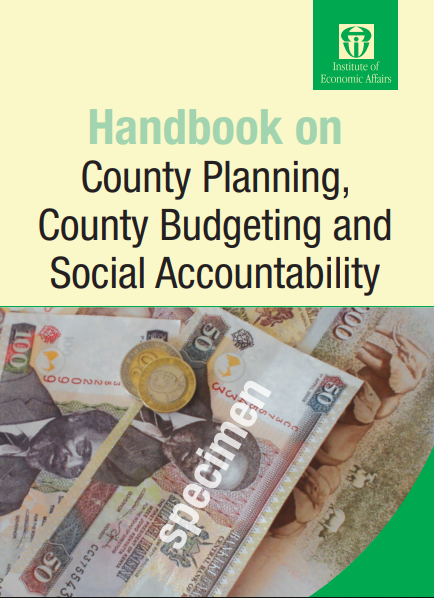Resource information
Devolution is one form of decentralization. Decentralization is defined as the process of dispersing power from the centre to lower levels of government. The other forms of decentralization include de-concentration, delegation and privatization. De-concentration transfers implementation powers to lower regions or sub- national units that implement decisions made at the centre. The responsibility for service delivery and decision making under delegation is passed to semiindependent territorial or sub-national units. Devolution has been described as the highest form of decentralization as it involves the distribution of administrative, political and financial powers from the centre to lower levels of governance also referred to as sub- national units. This includes the powers to generate and spend revenue. Devolved units also have the power to make public policy decisions. Devolution enables decision making on governance to be done at the local level by those affected most by such decisions. It enables the citizen to govern themselves by multiplying opportunities for citizens to participate in governance processes such as planning for development, budgeting for the implementation of development projects and programmes, and policy making. This in the case of Kenya is to be enhanced through various structures and further levels of decentralization at the county level as established in the constitution of Kenya 2010 and legislation anchoring devolution. One assumption under devolved governance is that local leaders at the county level: including the County Executive: comprising of the Governor and the County Executive Committee (CEC) members, and the County Assembly members in the case of Kenya better understand the challenges facing their communities or constituents and can therefore, working together with the citizens come up with the best policies, programmes and development projects that will address local challenges and needs.


